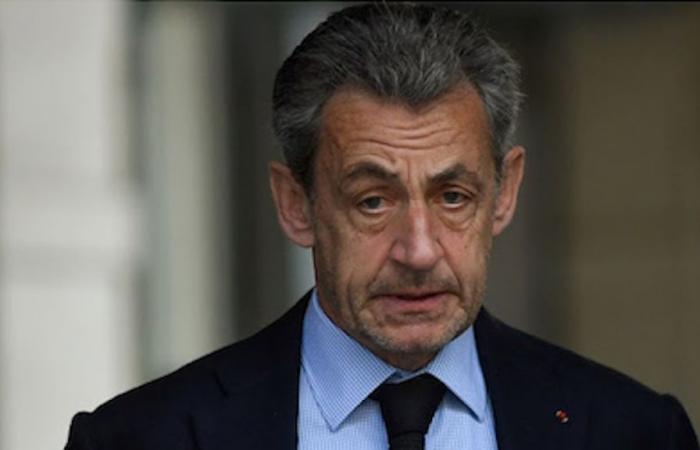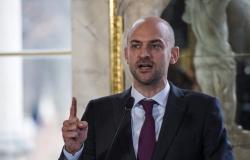
The Court of Cassation rejects the appeal of the former president of France and confirms the three years in prison, one of which without parole, with an electronic bracelet for corruption and influence peddling. Sarkozy does not give up “I am innocent” and is preparing an appeal to the European Court
Historic ruling in France. Nicolas Sarkozyformer President of the French Republic, he was definitively sentenced to three years in prisonone of which without parole, with the benefit of the electronic bracelet. The accusations concern corruption of magistrates and influence peddling. The Court of The Court of Cassation rejected the appeal of Sarkozy’s lawyers, confirming the sentence handed down on appeal. At 69, that’s one unprecedented sentence for a former French Head of State.
Why was Sarkozy convicted? The “Bismuth” case
Former president Nicolas Sarkozy was found guilty of having entered into an alliance in 2014 “corruption pact” together with his lawyer Thierry Herzog and to the magistrate Gilbert Azibertsenior official of the Court of Cassation. The goal was obtain confidential information and influence the magistrates on Sarkozy’s appeal linked to the Bettencourt case. To facilitate confidential communications, Sarkozy used a telephone cell phone registered to Paul Bismutha former acquaintance of Herzog. In exchange, Judge Azibert was promised a recommendation to obtain a prestigious honorary position in the Principality of Monaco.
Despite the magistrate never got the promised jobwiretaps provided enough evidence to accuse Sarkozy and his associates of influence peddling and corruption. The defendants they have always denied any wrongdoingpointing out that the influence peddling never materialized. The case emerged during a larger investigation into alleged illicit Libyan financing to Sarkozy’s presidential campaign in 2007.
Sarkozy: “I am innocent”, appeal to the European Court ready
Nicolas Sarkozy’s lawyers have announced that will lodge an appeal with the European Court of Human Rights, contesting the use of wiretaps as decisive evidence in the case. According to the lawyer Patrice Spinosithis practice violates a fundamental principle: “Communications between a lawyer and his client cannot be used against the client. It is a basic rule of fundamental freedoms, and for this we turn to the European Court.”
The former president, for his part, continues to proclaim his innocence forcefully. Through a message published on X (formerly Twitter), he expressed indignation at the sentencedeclaring: “I will not accept the profound injustice done to me. I reiterate my absolute innocence.” Sarkozy said he was ready to bear any consequences linked to his appeal and confirmed his determination to assert his rights at the European level.
The challenge to French jurisprudence is ready
Despite the final sentence, Sarkozy and his lawyers believe that the decision of the French Supreme Court conflict with European jurisprudence. It is the first time in France that a conviction is based exclusively on wiretaps of conversations between a lawyer and his client. “It’s a serious precedent and contrary to fundamental freedoms”, underlined Spinosi, explaining that this is one of the main reasons behind the appeal.
Sarkozy reiterated that the appeal is not just an act of self-defense, but also a battle of principle to protect fundamental rights. “I am certain that I am on the side of justice and law,” he declared, reiterating his willingness to face any obstacle to demonstrate his innocence.
Possible exemption from punishment
It is possible though, that Sarkozy can ask for an exemption from the sentence. In fact, in a month, he will be 70 years old and, according to the law, will have the opportunity to avoid discounting the year of limitation of freedom with the electronic bracelet. The conviction, however, will have a negative impact on his public and political image.





